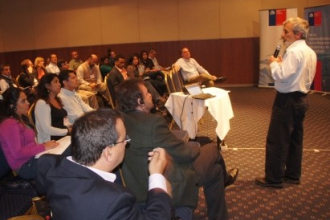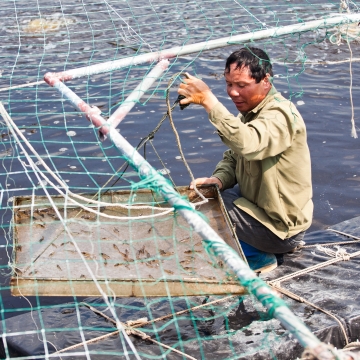This study aims to investigate the risks posed by climate change and anthropogenic activities on ecosystem services in the Barents Sea, Norway. Using an expert assessment approach, we identify which ecosystem services are at high risk and the human activities and pressures contributing to these risks. The findings indicate that risks vary across ecosystem services, activities, and pressures; however, most are categorized as medium or low. Biodiversity, as a cultural service, and fish/shellfish, as a provisioning service, are identified as the two most threatened ecosystem services.





